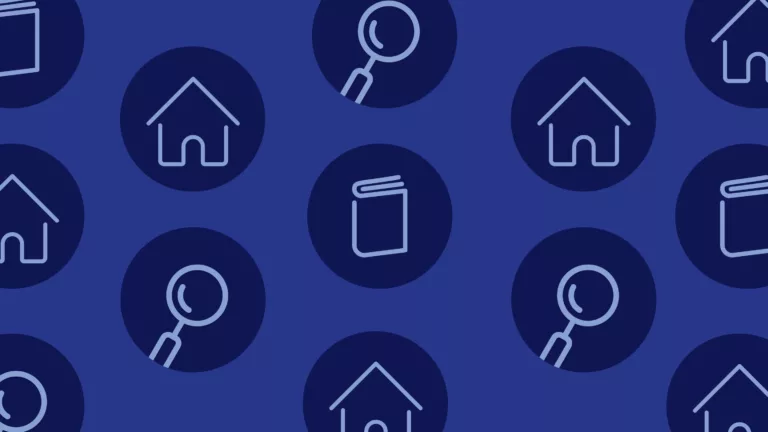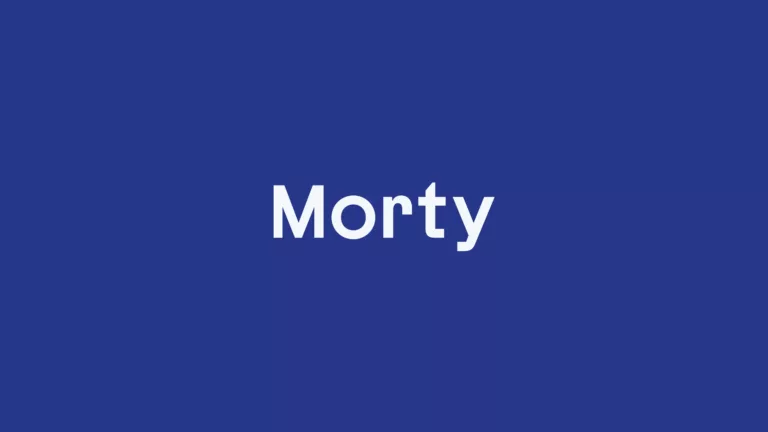We hope you and your family are staying safe. Here at Morty, we wanted to share what the recent COVID-19 outbreak — and its impact on our global economy — means for the mortgage marketplace and your home buying journey. Mortgage rates change every day, but the fluctuations that have happened over the past month are unprecedented. Below we answer some of the most top-of-mind questions homebuyers have been asking us.
How may state closures affect my mortgage?
Non-essential businesses are closing in many states, which may affect your closing timeline. We recommend that homebuyers in contract to purchase a home start working towards final lender approval as soon as possible. This is a new situation for everyone, but we are working closely with our lenders and closing partners to lock and close your loan as efficiently as possible. Part of our mission has always been to give our homebuyers personalized service through closing, and that’s particularly true now.
Key process elements that have been impacted include:
- Lenders: Over the past month, lenders across the industry have cut back on the mortgage terms and programs offered. For some, this includes a temporary freeze from taking loan applications or accepting locks in highly affected areas. Other lenders have reduced the deals on which they are willing to lend on by increasing FICO minimums, increasing down payment requirements, etc. Due to the variance from lender to lender across the hundreds of mortgage programs out there, in these situations Morty will match you with the best lender that is currently offering the optimal program for you. This provides more certainty that your deal will proceed on schedule as well as ensure that you are still getting a good deal that’s truly available in these conditions.
- Appraisals: Local closures might prevent an appraiser from inspecting your property in person. As a result, most of our lenders are temporarily allowing appraisals to be conducted remotely in impacted areas. In most cases, this will not impact your ability to close.
- Closing Conditions: Due to the unfortunate increase in unemployment, lender requirements for verifying income and employment have become more stringent across the industry. This being said, we are working closely with our lenders to identify available programs for homebuyers that have seen disruptions to their normal employment/income situation and we will work with you at the beginning of the process to identify everything we will need on this front from start to finish to avoid any delays or confusion as we get closer to the official closing date.
- Closing Table Notaries: Closing on a mortgage transaction requires at least two documents to be signed and notarized at the closing table. This could cause closing delays in states that are on lockdown and do not allow for remote notarization of documents. Many states have passed legislation allowing for E-closings, so it is important to ensure that you select a lender and title company at the beginning of the process that are capable of accommodating. We have lender & title companies in all eligible states.
- Title Insurance: Certain title companies are not equipped to operate in counties where the local recording office is closed. In affected areas, we are proactively contacting each title provider to identify and address potential issues. If you have not chosen a title company— or the one you have is experiencing challenges — we’ll work with you to find and choose a title partner that can work around current limitations.
Will rates go lower?
Over the past two months we have seen unprecedented volatility in the mortgage industry. Mortgage rates dropped to a 50-year low at the beginning of March only to dramatically increase mid-month and then level out over the past few weeks as things have become more clear across the broader market and economy. Over this period, rates on 30-year fixed options have fluctuated between a low of 2.875% and a high of 4.5%. Currently, rates are near historic lows but have not come back down to the low levels seen at the beginning of March due the strain on all mortgage originators brought on by the large increase in forbearance requests from existing mortgage holders. Treasury rates and other secondary market indicators point to mortgage rates staying in this range and it is unlikely we will see them go lower until there is more clarity around the extent/scope of the COVID-19 related payment delays and the federal support that may be put in place.
Should I wait to lock in my rate?
We recommend that you decide whether or not to lock based on where you are in the home buying process.
If you’re in contract on a home, we recommend starting the approval process as soon as possible in order to avoid any closing delays. Once approved, you’ll have the option of locking or floating your rate. Floating your rate is when we register your loan, provide relevant disclosures and begin the underwriting process before locking your rate; once rates move to a predetermined level that works for you, your mortgage advisor will automatically lock it for you. If you’re interested in floating, please let your mortgage advisor know.
Alternatively, if you are not yet in contract on a home, we recommend getting started on the approval process with Morty. This will allow you to keep an eye on things over the next few weeks, compare rates across our lender partners, and be fully prepared to quickly lock in a rate when the time is right.





